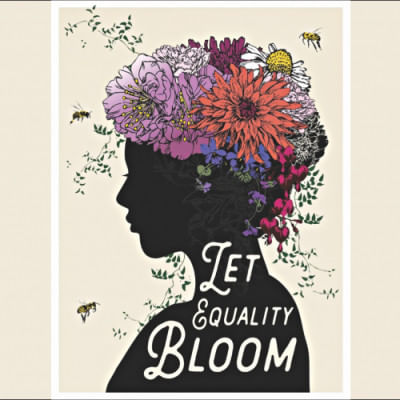Landmark judgments on women rights

In the past two decades, the apex court of Bangladesh has made significant strides in addressing issues pertaining to the rights of women. The judiciary has played a proactive role in progressively interpreting relevant provisions of law, upholding constitutional principles of equality and intervening where relevant legislation was inadequate or absent. Some of the landmark decisions of the Supreme Court have been highlighted in the present article.
On sexual harassment
In 2009, the Court in Bangladesh National Women Lawyers' Association (BNWLA) v Bangladesh identified the issue of sexual harassment at workplace and educational institutions. While addressing the need to address sexual harassment in these spheres, the Court relied on the provisions of the Convention on the Elimination of all forms of Discrimination Against Women (CEDAW). It stated that as a party to CEDAW, Bangladesh is obligated to formulate laws specifically tackling sexual harassment at workplaces and educational institutions. In the progressive judgment, the Court also issued a set of guidelines that are to be followed by the government and relevant institutions until a law has been passed.
Subsequently, in another writ petition by the same petitioner [(BNWLA v Bangladesh (2011)], the Court determined that sexual harassment outside workplaces and educational institutions must also be addressed. Therefore, in full agreement with the 2009 judgment, the Court issued a supplementary set of guidelines. The Court opined that the euphemistic term 'eve-teasing' should not be used instead of sexual harassment. It also defined stalking which includes following a woman, making unwanted contact through cyberspace and other media as well as other acts which may reasonably be expected to cause a female to fear or apprehend for her safety.
On gender-based dress codes
In Advocate Md. Salahuddin Dolon v Government of Bangladesh and Others (2010), the petitioner filed a writ in public interest to take action against an Upazila Education Officer for using derogatory and sexually coloured remarks against a headmistress regarding her clothing and for directing all female teachers to wear a headscarf. The Court opined that 'attempts to coerce or impose a dress code on women' and using derogatory remarks 'clearly amounts to a form of sexual harassment.' It also held that dress code specifically targeting women, not required of any male teacher is a form of gender-discrimination.
On Fatwa
In light of the growing incidence of punishments and degrading treatment inflicted upon poor and vulnerable women in rural areas by religious leaders in the name of fatwa, the Court in Bangladesh Legal Aid and Services Trust v Bangladesh (2010) held that extrajudicial penalties imposed through fatwa by private persons including religious leaders are 'bereft of any legal pedigree' and are violations of the Constitution and other international instruments ensuring protection from cruel, inhuman and degrading treatment or punishment. Later, in Tayeeb v Bangladesh (2011), the Appellate Division held that fatwa is not recognised as a source of Islamic law, and there is no scope for the issuance of Fatwa in contradiction with the existing laws of the land. The Court concluded that fatwa may only be issued by properly educated person and may only be accepted voluntarily; any coercion or undue influence through the execution of fatwa is forbidden.
On the 'two-finger' test
In 2018, the High Court Division delivered a judgment in response to a writ petition filed by BLAST banning the two-finger test, terming it unscientific and unreliable. The Court also issued eight directions that included special training for medical personnels that examine rape survivors, the formation of a special protocol for healthcare providers and a prohibition on using degrading terms such as 'habituated to sexual intercourse', etc.
On custodial rape
In State v Moinul Haque (2001), the Court held that in cases where a woman has been raped in police custody, the burden of proof regarding lack of consent shall shift to the accused. It also held that in cases of custodial rape, a woman's constitutional guarantees of safety and other freedoms are violated and thus, the victim is entitled to compensation which shall be recovered from the property of the convict.
On right to livelihood of sex-workers
In Bangladesh Society for Enforcement of Human Rights (BSEHR) v Bangladesh (2000), the Court upheld that the constitutional guarantees of right to life and liberty and protection of law applies to sex-workers and they cannot be arbitrarily deprived of their right to livelihood (which is an 'important facet' of right to life. The Court stated that although keeping of brothel and selling minor girls under the age of 18 years for the purpose of prostitution or illicit intercourse are punishable under the Suppression of Immoral Traffic Act 1933 and the Penal Code 1860 respectively, there is no law that expressly prohibits prostitution. Therefore, the Court held that the inmates of Nimtali brothels could not be arbitrarily evicted and subjected to degrading treatment in violation of their constitutional rights. The Court also determined that illegal trespassing into the brothels is also violative of the right to privacy of the inmates.
From Law Desk.

 For all latest news, follow The Daily Star's Google News channel.
For all latest news, follow The Daily Star's Google News channel. 



Comments